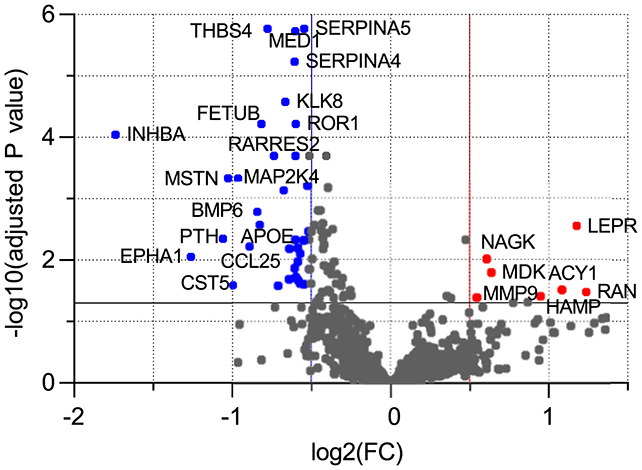Recommendations to try water-only fasting diets may be filling up your social media feeds, but researchers are warning people to seek medical advice before starting these diets, because of the potential negative impacts.
An international team of researchers has published a new study analyzing the effects of water-only fasting diets on 20 people over the course of 10 days (so nothing except water – not even other drinks). The participants lost an average of 7.7 percent of their body weight, but also experienced side effects including headaches, insomnia, and low blood pressure.
Overall, fasting seemed to increase inflammation and put more stress on the body, which can then lead to numerous complications with health – especially for those with existing heart or vascular conditions.
"Our hypothesis was that prolonged water-fasting would reduce inflammation in the body," says physician scientist Luigi Fontana, from the University of Sydney.
"However, we found the opposite was true – that prolonged fasting put stress on the body and increased the number of pro-inflammatory proteins in the blood, potentially increasing the risk of health issues for people with existing heart and vascular conditions."

The main way the researchers measured the effects of fasting on the body were through protein levels. A number of proteins linked to inflammation, including C-reactive protein (CRP) and interleukin 8 (IL-8), became much more abundant in the blood plasma of participants.
Other effects were seen as well: the levels of proteins linked to breaking down muscle and bone were reduced, as were the amyloid beta proteins strongly associated with the development of Alzheimer's disease.
The evidence is still relatively inconclusive, however. These are only initial findings in a small group of people, all of whom where medically classed as overweight. The effects may vary in larger sample sizes, or in people with different body types.
There also seems to be very serious downsides to depriving the body of food for an extended period of time – which means medical advice should always be sought before starting a diet like this.
"While the acute inflammatory response during prolonged fasting may serve as a transient adaptive mechanism, it raises concerns regarding potential cardiometabolic effects that could persist after refeeding," write the researchers in their published paper.
"Further investigation is warranted to elucidate the long-term molecular and clinical implications of prolonged fasting across diverse populations."
The team points to previous studies highlighting the potential benefits of intermittent fasting in slowing down cell aging, reducing inflammation (the opposite of what was seen here), and reducing the risk of disease, so it's a complex picture.
In recent years, more attention has been given to intermittent fasting than prolonged fasting. It seems that intermittent fasting must be combined with calorie control in order to see any benefit in terms of weight loss, and again there are drawbacks to consider.
What seems clear is that there's no one-size-fits-all strategy when it comes to fasting – and any attempt to lose weight by shutting off the body's supply of food and energy needs to be carefully managed.
"People are looking for effective ways to manage their weight and while the effects of water-only fasting can be dramatic, more work needs to be done to understand the impact of these diets on the body over a longer period of time," says Fontana.
The research has been published in Molecular Metabolism.